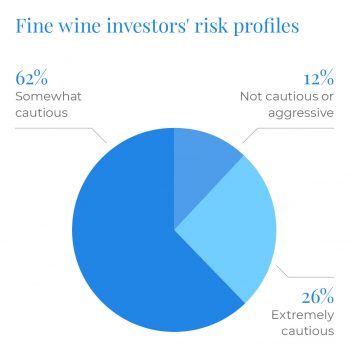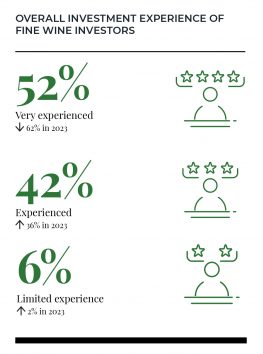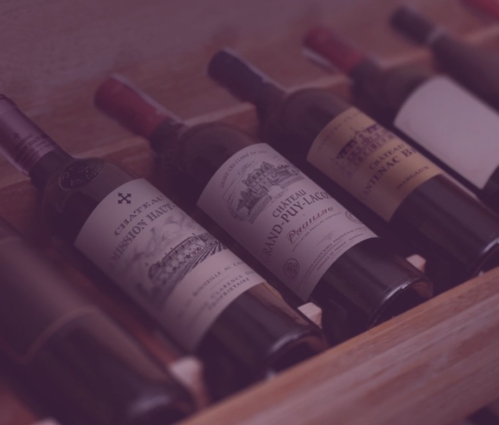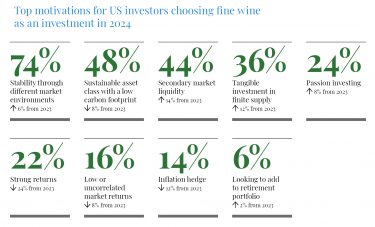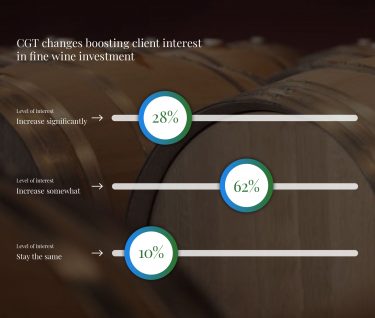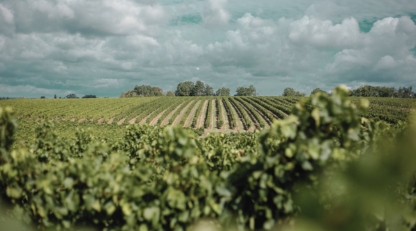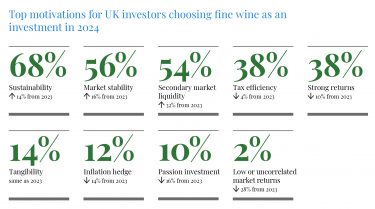Fine wine has cemented its position as the most sought-after collectible among UK high-net-worth individuals, according to the newly released 2025 UK Wealth Report. Drawing on fresh research from leading UK wealth managers and IFAs, the report explores how fine wine has continued to evolve from a niche passion asset into a strategic, tax-efficient component of diversified portfolios.
Key report findings:
- 96% of wealth managers expect demand for fine wine to grow in 2025 – more than for any other luxury asset
- 80% say fine wine’s exemption from Capital Gains Tax (CGT) is driving renewed investor interest amid tightening tax rules
- 26% of portfolios now include fine wine in higher-risk strategies – up from 12% in 2024
- Fine wine is entering retirement planning for the first time, with allocations rising from 0% to 6%
- A generational shift is underway, with younger, tech-enabled investors embracing wine as a financial instrument
‘Fine wine is no longer reserved for collectors and connoisseurs – year after year our research shows that it is being viewed as a serious asset with strong fundamentals for growth, and valuable tax advantages,’ said Alexander Westgarth, Founder and CEO of WineCap.
Market shifts and generational change
The report highlights a market in flux: seasoned collectors are beginning to liquidate long-held assets, creating increased supply and driving a slight dip in average portfolio allocations – from 10.8% in 2024 to 7.8% in 2025. However, this rebalancing is creating fresh opportunities for new entrants, particularly among Millennials and Gen Z investors who prioritise tangibility, transparency, and long-term performance.
Tax efficiency and diversification at the forefront
Fine wine’s unique tax status under UK law – classified as a ‘wasting asset’ and therefore exempt from Capital Gains Tax – makes it increasingly attractive at a time when HMRC has reduced tax-free allowances and raised effective rates. The report shows that 80% of wealth managers believe demand will rise due to this exemption alone.
The report further looks at the factors creating demand for fine wine, the impact of Trump’s policies on investment, and how AI is modernising the market.
Download your complimentary copy of the 2025 WineCap Wealth Report and discover how fine wine can enhance your investment portfolio.


